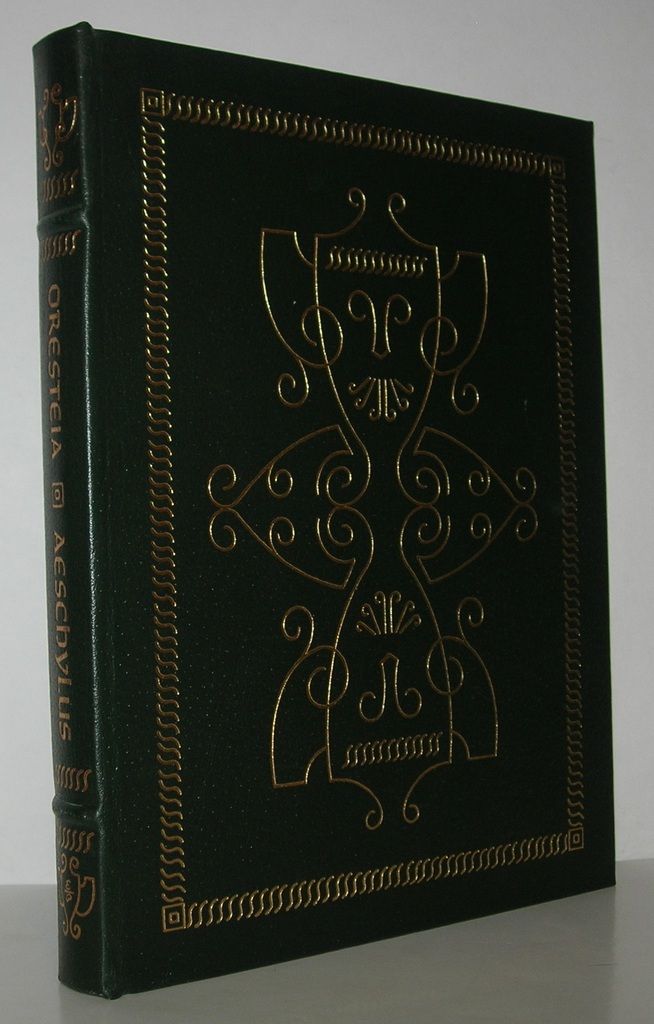

She can't think of anybody who would want to make such an offering other than her brother Orestes. After Electra makes this prayer, she notices the locks of hair that Orestes left on the tomb.

After some back and forth, they tell her to pray that Orestes will come from abroad to avenge Agamemnon's death. She asks the Chorus (i.e., the group of slave-women) for advice. Electra feels awkward because she doesn't know what she can say to her father's spirit on Clytemnestra's behalf everything seems inappropriate, since it is coming from Agamemnon's murderer. When Electra comes to the tomb, she makes a speech revealing that it was Clytemnestra who sent her and the slave-women to make the offerings. Orestes and Pylades take up positions in hiding to see what happens next. After he makes these offerings, Orestes sees his sister Electra coming up to the tomb of Agamemnon, along with a group of slave-women. Orestes cuts off two locks of his hair to make as offerings: he gives one as an offering to a river in Argos, and the other to the spirit of his father. Clytemnestra had help in her plot from Aegisthus they are now living together as lovers. Agamemnon was murdered by his own wife, Clytemnestra, who is also Orestes's mother. Orestes is accompanied by a friend, Pylades. Orestes, the son of Agamemnon, has come back home from exile to avenge Agamemnon's death. The play begins outside the Greek city of Argos, some years after the end of Agamemnon, Part 1of Aeschylus's Oresteia trilogy.


 0 kommentar(er)
0 kommentar(er)
